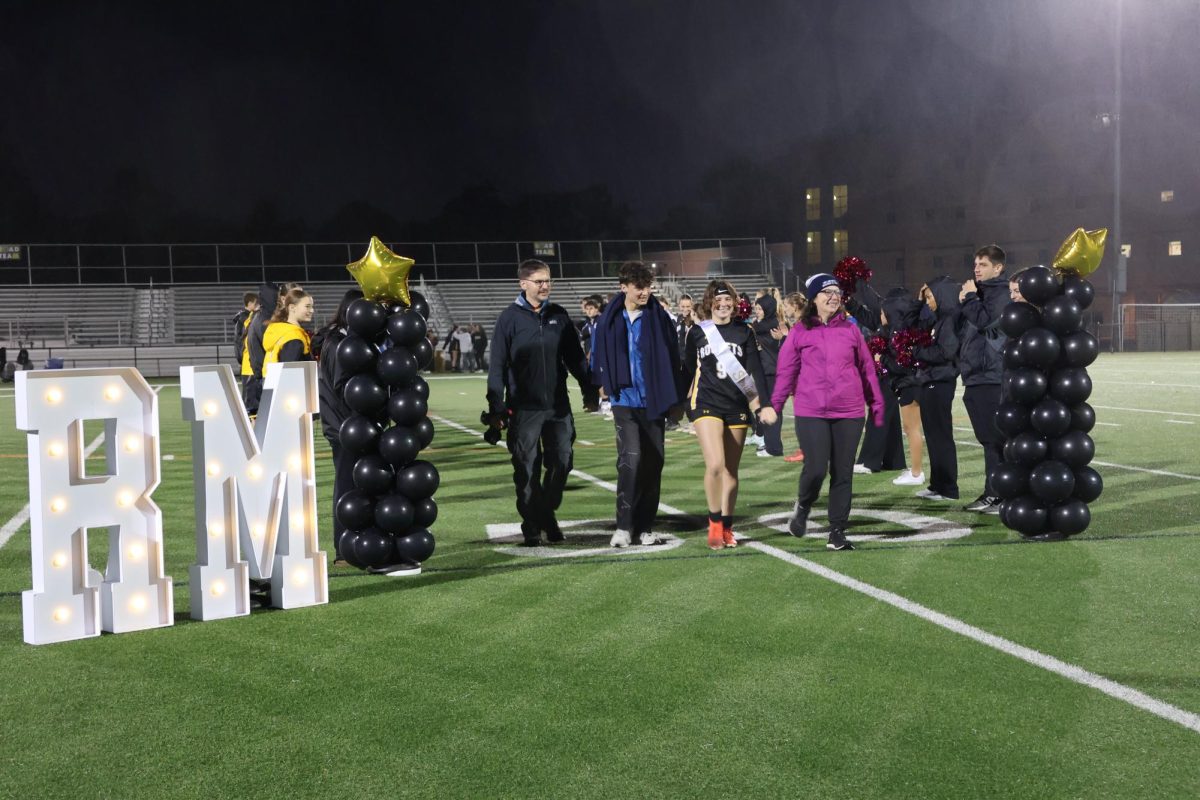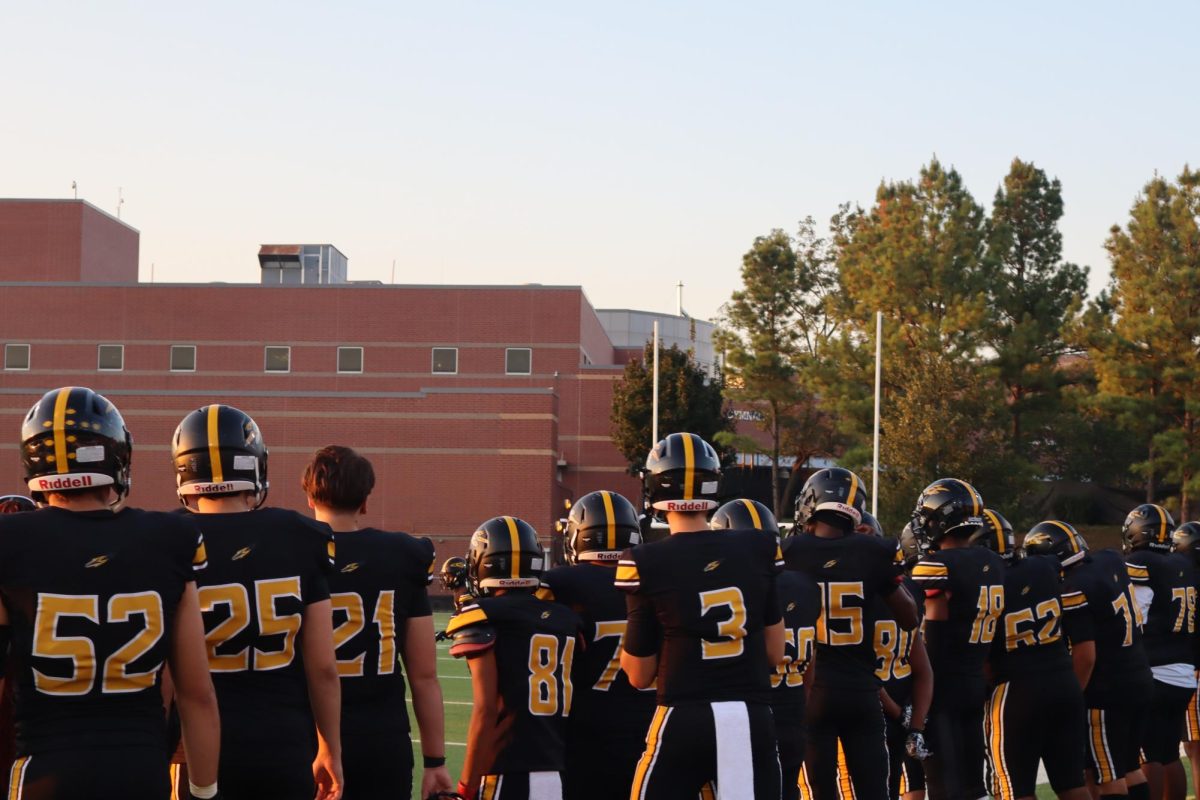The tradition of making resolutions on or around New Year’s Day has been prominent in American culture for decades. These decisions are supposed to provoke self-reflection and personal growth. Some RM students enjoy listing resolutions at the end of December every year, but others avoid the ritual.
This year, junior Andrew Spencer intends to lessen his procrastination and eat healthier. Spencer enjoys making these resolutions every year. “I think that New Year’s resolutions are a great opportunity to self-evaluate,” he maintained.
Senior Sally Simpson agrees, though she does not always participate in the tradition herself, preferring not to set exact goals. “I think [resolutions] are a nice way for people to better themselves,” she put in.
While resolutions are an excellent way to promote change, they often force those making them to identify things about themselves or their lives that they are dissatisfied with.
“I usually make resolutions, but I like to think of them as goals,” explained sophomore Isabella Levine. “Resolutions imply solving an already existing problem. Goals, on the other hand, focus more on improvement and success.”
Most people who make New Year’s resolutions do not follow through with their goals, especially not for an entire year. This causes many to view resolutions as useless.
Spencer, who enjoys making resolutions, finds himself annoyed by most people’s lack of motivation.
“I think people need to try harder to keep them,” he agreed. “Way too often, people give them up after a few days.”
“If they don’t stick to it, at least they tried,” countered Simpson, who supports the tradition regardless of its success.
Sophomore Erica Baranick accepts the failure of most resolutions. “I think New Year’s resolutions are fun,” she conceded, “but unattainable.”
Baranick usually makes resolutions to participate in the tradition, not to improve herself or her habits. “I try for a few weeks,” she admitted, “but then I give up.”
Though Levine is aware of the common lack of motivation surrounding resolutions, she still makes them almost every January. “When done correctly, they can really inspire people to be better, and excite them for all of their achievements to come in the next year,” she pointed out.
Resolutions include goals, improvements, plans, ideas, and guidelines. They can be broad and general, like Spencer’s plans to be healthier and do his homework on a more timely schedule, or more specific, like Levine’s plans for the coming year.
“I want to enter more writing contests,” she detailed, “and talk to my mom almost exclusively in Spanish. I want to become more educated about [others’ problems] and take steps to help.”
Baranick has decided not to make resolutions this year, as she has failed to achieve her goals in the past, and does not have faith in the tradition. She does enjoy self-reflecting and detailing what she would change, were she successful.
“In the past, I’ve thought about getting a job, so I could have a steady source of income, but I just didn’t have time,” Baranick disclosed. “I also considered learning a third language.”
For those who wish to participate in the tradition but do not know where to start, common resolutions include health reforms- increasing exercise, eating more vegetables instead of McDonald’s, and going to bed at an earlier time. Simpson agrees that if she were to set goals this year, they would center around “eating healthier and exercising more.”
Other resolutions for students include decreasing procrastination and taking on more activities and clubs. “I’d like to participate in student-led activities, mostly to add to my college resume,” Baranick joked.
Regardless of their success, New Year’s resolutions are a good way to refine plans for the coming year and decide what side projects to undertake outside of school and work. For all who choose to make them, resolutions serve as a catalyst for self-improvement and constructive thought about change and the future.













